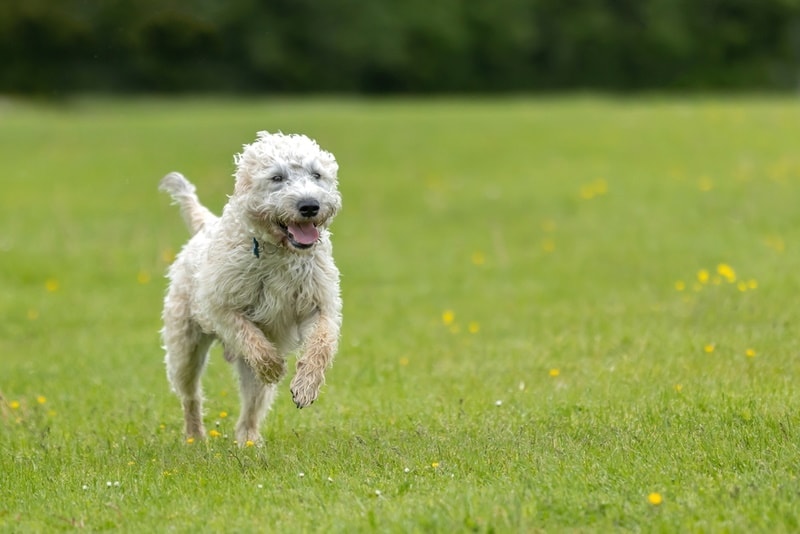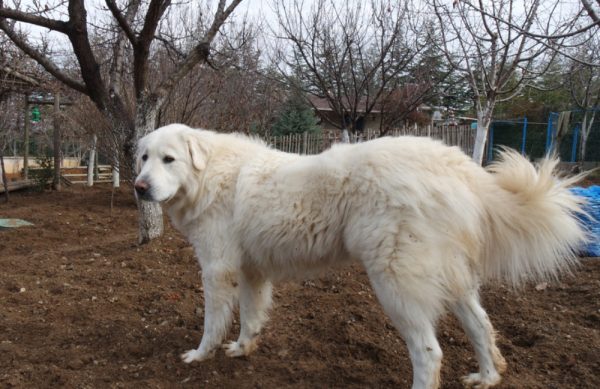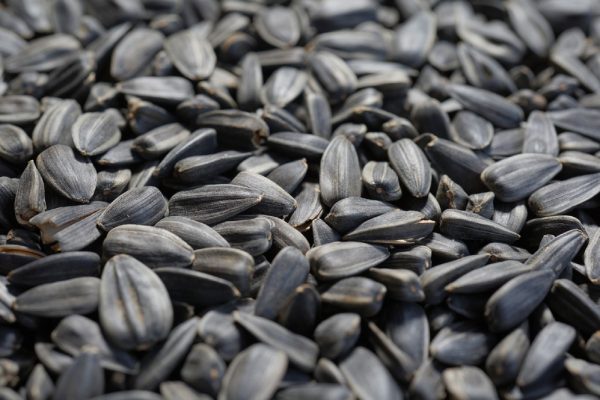In this article
The Labradoodle, a crossbreed of a Labrador Retriever and a Poodle, has become increasingly popular due to their friendly and affectionate nature, low-shedding coat, and intelligence. However, as with any breed, there are important considerations when spaying or neutering your Labradoodle, and many pet parents might wonder about the best time to perform this procedure. The short answer is when the dog is 4–9 months old, but keep reading as we discuss other options and the benefits and drawbacks of the procedure.

The Optimal Timing for Spaying or Neutering Your Labradoodle
The optimal timing for spaying or neutering your Labradoodle depends on several factors, including your dog’s age, health, and lifestyle. Some experts recommend that you spay female Labradoodles before their first heat cycle, typically between 6 and 12 months of age, as this can help reduce the risk of reproductive health issues and eliminate the need to manage your dog’s heat cycles.
The optimal timing for neutering male Labradoodles can be a bit more flexible. While most experts recommend neutering or spaying around 6 months, delaying the procedure until they are fully mature can help reduce the risk of health issues like hip dysplasia. However, waiting too long can also increase the risk of health issues, such as prostate problems.

The Benefits of Spaying or Neutering Your Labradoodle
Spaying or neutering your Labradoodle has several benefits. One of the most significant when it comes to spaying your female Labradoodle is preventing unwanted pregnancies and eliminating heat cycles, which can be messy and stressful for you and your dog. Spaying can also reduce the risk of reproductive health issues like uterine infections and breast tumors.
For male Labradoodles, neutering can reduce the risk of specific health issues, such as testicular cancer and prostate problems. Neutered males may also be less likely to exhibit behaviors like marking and aggression.

The Potential Drawbacks of Spaying or Neutering Your Labradoodle
Complications
While there are benefits to spaying or neutering your Labradoodle, there are also drawbacks. When a dog undergoes anesthesia and surgery, there is a risk of complications like infection, bleeding, and adverse reactions to the anesthesia. While these risks are relatively low, you must consider them before spaying or neutering your Labradoodle.
Behavioral Changes
While neutering can help reduce negative behaviors in male Labradoodles, such as marking and aggression, it can also lead to decreased energy levels and an increased likelihood of weight gain. Similarly, spaying a female dog can increase their appetite and reduce activity levels.


Frequently Asked Questions
Is It Safe to Spay or Neuter a Labradoodle?
Most experts consider spaying and neutering to be safe. However, any surgery and anesthesia carry risks, including infection, bleeding, and adverse reactions to the anesthesia. Your veterinarian will be able to assess your dog’s health and determine if they are a good candidate for the procedure.
If you need to speak with a vet but can't get to one, head over to PangoVet. It's our online service where you can talk to a vet online and get the advice you need for your dog — all at an affordable price!

Can I Still Breed My Labradoodle If They Are Spayed or Neutered?
No, spaying or neutering your Labradoodle will make them unable to reproduce. If you want to breed your Labradoodle, you should not spay or neuter them. However, it’s important to note that breeding should only be done responsibly and with consideration for the health and well-being of the dogs involved; it is not something to take lightly.
Are There Any Benefits to Waiting to Spay or Neuter My Labradoodle?
There is evidence that suggests that delaying the spay or neuter procedure can lead to better overall health outcomes for Labradoodles. Waiting until they are fully mature (around 1–2 years) can enable their bodies to develop fully, which might reduce the risk of certain health issues. However, this is a controversial topic, and veterinarians have differing opinions, so we must wait for more studies.

What Should I Expect After My Labradoodle Is Spayed or Neutered?
After the procedure, your Labradoodle may experience discomfort and decreased energy levels. Following your veterinarian’s post-surgery care instructions is important to ensure proper healing. Your Labradoodle may also need to wear an Elizabethan collar (a.k.a. an e-collar or the “cone of shame”) for a few days to prevent them from licking or biting at the incision site.
How Much Does It Cost to Spay or Neuter a Labradoodle?
The cost of spaying or neutering a Labradoodle can vary depending on your location and veterinarian. Generally, spaying is more expensive than neutering because it is a more complicated surgery. You should expect to spend $200–$500 to get your Labradoodle spayed or neutered. Some clinics offer low-cost spay-and-neuter programs, and financial assistance may be available for pet owners who cannot afford the procedure.

Conclusion
Most experts recommend spaying or neutering your pet when they are 4–9 months old or before the female has her first heat cycle. However, some argue that it is better to wait until your pet is an adult to let their body fully develop. If you wait, you must constantly monitor your dog and use a leash when they’re outside to prevent unwanted pregnancies.
Regardless, spaying will eliminate the stressful heat cycle, and spaying/neutering can reduce the risk of health problems later in life, such as uterine infections, breast tumors, and testicular cancer. Drawbacks of the procedure include complications from surgery, such as infection, bleeding, adverse reactions to anesthesia, and behavioral changes.
See also:
Featured Image Credit: EvgeniiAnd, Shutterstock



















